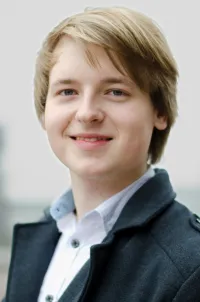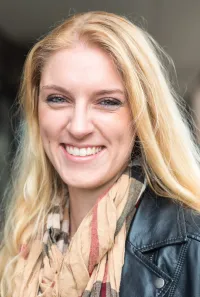Master 2 subject
Romance Studies Spanish, Master 2 subject
- Which Romance languages are there and where are they spoken?
- What do the country-specific cultural regions look like?
- Which literatures will I have to have read?
- How will studying Romance languages affect my career chances?
- How do I prepare for studying abroad?
Profile |
|
|
Degree
|
Master of Arts
|
|
Start
|
Winter- and summer semester
|
|
Duration
|
4 semesters
|
|
Classroom language
|
German, Spanish
|
|
Admission
|
Not restricted, application at the faculty required
|
Other degree programs in the subject
rub



